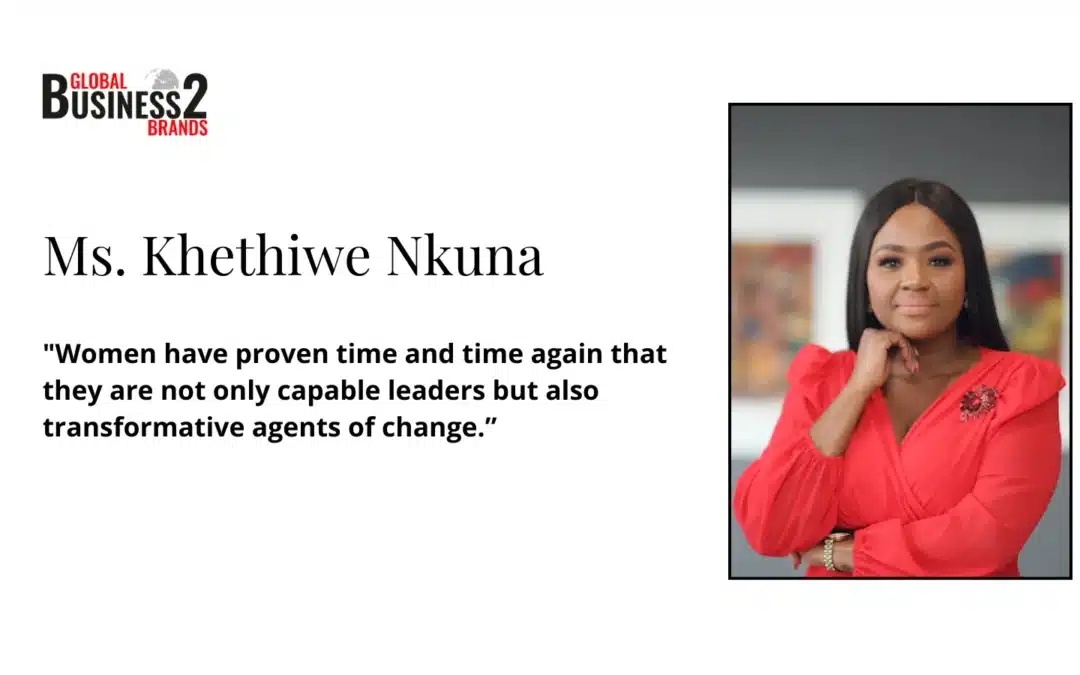Women in leadership positions have long been a subject of debate, yet the numbers remain unimpressive. With only 32% of senior management positions held by women globally, the glass ceiling persists. The question is no longer whether women belong in leadership, but rather why their rise to the top remains disproportionately slow despite clear evidence of their impact.
Women in Leadership: More Than a Diversity Checkbox
The discussion around women leaders often centres on diversity metrics, but the real value extends far beyond quotas. Research has proven that organizations with women in senior roles not only achieve better financial performance but also foster more innovative and inclusive workplace cultures. Female leaders introduce fresh perspectives, challenge outdated norms, and drive meaningful social change within their communities.
Yet, despite these advantages, women continue to face systemic barriers. From unconscious biases in recruitment and promotions to the persistent “broken rung” that prevents them from advancing to managerial roles, the corporate pipeline remains riddled with obstacles. The situation is even more dire for women of colour, who occupy only 7% of C-suite positions, making the path to leadership even more arduous.
The Financial and Social Impact of Women Leaders
The benefits of women in leadership are tangible and measurable. Companies with female CEOs and CFOs see a significant increase in profitability and stock performance. For instance, firms with a woman at the helm experience a 20% rise in stock price momentum within two years, and businesses with more women on boards report a 21% higher profitability rate.
Beyond corporate success, female leadership directly influences social progress. Women-led enterprises prioritize sustainable practices, ethical business decisions, and community-driven initiatives. Female executives and policymakers are more likely to champion policies that enhance education, healthcare, and economic opportunities for marginalized groups. Evidence suggests that peace agreements brokered by women have a 35% higher chance of lasting at least 15 years. Similarly, female political leaders have been instrumental in driving healthcare reforms and reducing gender disparities in economic participation.

Why Leadership Is Still a Battle for Women
Despite these compelling statistics, progress remains slow. Women in leadership face higher performance expectations and harsher criticism compared to their male counterparts. The “double standards of competence” model suggests that while men are promoted based on potential, women must repeatedly prove their capabilities before being considered for top positions. Additionally, societal norms continue to frame leadership as a male domain, reinforcing outdated stereotypes that hinder women’s advancement.
Maternity discrimination also plays a significant role in slowing women’s leadership progress. Many women encounter the “maternal wall,” where their career trajectories are assumed to stall due to motherhood. The expectation that women should balance work and family while maintaining high professional performance remains a significant challenge that male leaders rarely face.
Breaking the Barriers: What Needs to Change
If companies and societies genuinely want to benefit from female leadership, they must take deliberate actions to remove systemic barriers. Implementing structured mentorship programs, eliminating unconscious bias in recruitment, and creating transparent career advancement pathways are essential steps. Data-driven approaches to diversity and inclusion can also help identify and rectify gender disparities within organizations.
Workplace flexibility is another critical factor. Companies that offer genuine flexible work arrangements see higher retention rates of women in leadership roles. When organizations move beyond token representation and work towards achieving a critical mass of female leaders across all departments, they foster a culture of inclusivity and long-term success.
Women Leaders as Agents of Change
The influence of female leaders extends beyond corporate settings and into the realm of social impact. Women-led initiatives have transformed communities by improving access to education, healthcare, and economic opportunities. Female entrepreneurs are also outpacing their male counterparts in business creation, with women-owned businesses growing at a faster rate worldwide.

Programs focused on mentorship and leadership training for young women are crucial in preparing the next generation for success. Organizations that prioritize gender diversity in leadership are not just making a moral choice—they are making a strategic one. Companies with diverse leadership teams see higher employee engagement, greater innovation, and better long-term financial performance.
A Call to Action
Women have proven time and time again that they are not only capable leaders but also transformative agents of change. Yet, achieving true leadership equality requires more than acknowledgment—it demands action. Organizations must actively support female leadership development, implement unbiased hiring and promotion practices, and create environments where women can thrive without barriers.
The evidence is clear: societies and businesses that empower women leaders experience greater success, sustainability, and social progress. The question is no longer if women should lead, but how soon we can dismantle the structures that prevent them from doing so at equal rates as men. The future of leadership must be inclusive, dynamic, and equitable—and that future starts now.

Khethiwe Nkuna
Ms. Khethiwe Nkuna is the CEO of SkillQuest, driving sustainable business transformation across Africa through strategic consulting and skills development. With a strong background in corporate citizenship at Accenture and as a board member of the Africa Women Financial Inclusion Initiative, she champions diversity, inclusion, and ethical leadership to empower African businesses and communities. Her expertise in digital transformation and responsible business practices fuels innovative solutions with lasting social and economic impact.

